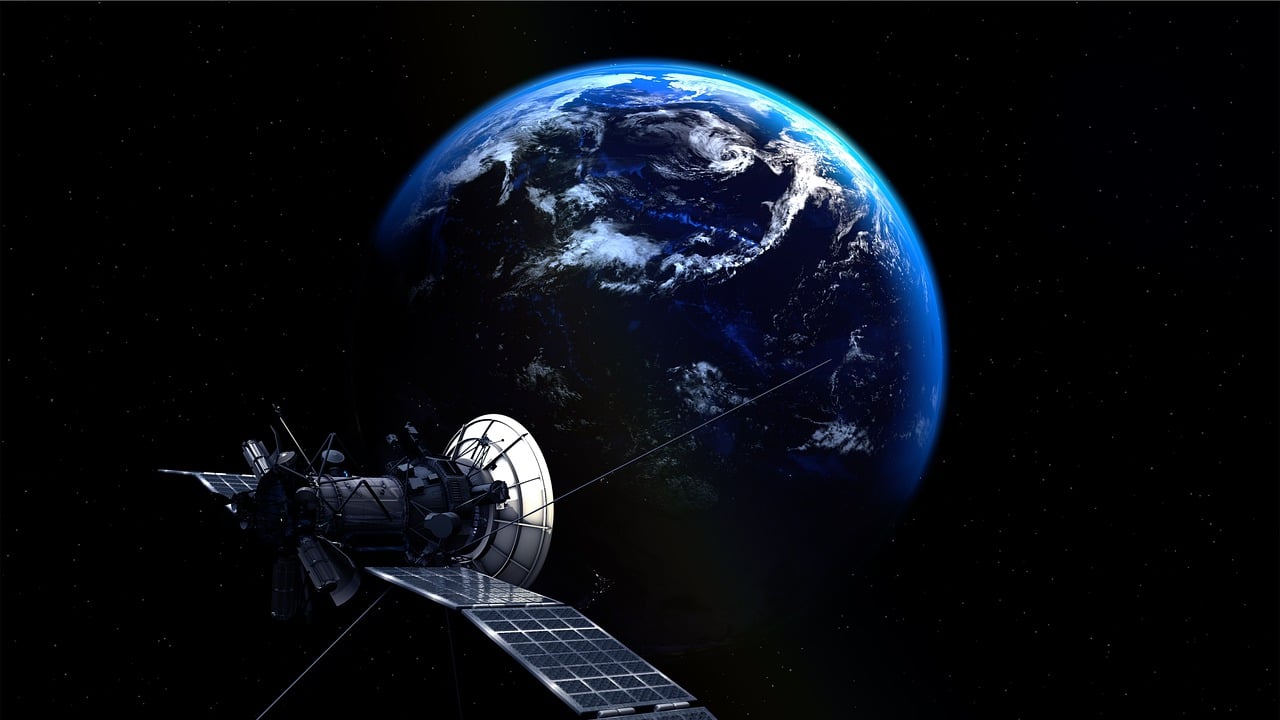This post is also available in:
 עברית (Hebrew)
עברית (Hebrew)
China has made a leap in space technology with the launch of the world’s first satellites capable of autonomous navigation. The two satellites, Siwei Gaojing-2 03 and Gaojing-2 04, were successfully launched on November 25th aboard a Long March-2C rocket from the Jiuquan Satellite Launch Centre.
Developed by the Shanghai Academy of Spaceflight Technology (SAST), these advanced satellites break from traditional satellite operations. Unlike conventional satellites that depend on constant ground control to adjust their orbits, the Siwei satellites can now independently navigate, maintain, and adjust their positions in space without any human intervention. This is made possible by the integration of cutting-edge onboard systems, including synthetic aperture radar (SAR) technology and high-precision radar payloads, according to Interesting Engineering.
These autonomous systems enable the satellites to offer constant high-resolution radar imagery, even under challenging conditions. SAR technology provides capabilities that achieve excellent Earth observation, regardless of weather (clouds, fog) or time of day (darkness). This is a major advantage for applications that require near-real-time monitoring such as in military surveillance.
The press release explains that the implications of this technology are vast. With the ability to operate independently, the Siwei satellites reduce reliance on ground control, saving both time and resources. Their quick adaptability makes them ideal for monitoring natural resources, tracking urban safety, assisting emergency management efforts, and supporting maritime operations. These satellites are especially valuable for environmental monitoring, including agriculture and forestry, as well as responding to natural disasters by providing immediate imagery of affected areas.
Part of China’s broader Siwei commercial remote sensing constellation project, the Gaojing-2 satellites are among the first of a planned network of 28 satellites. This constellation aims to provide comprehensive Earth observation data to support a wide range of industries. As China continues to expand its space capabilities, this achievement marks a significant step forward in space exploration and technology.


























